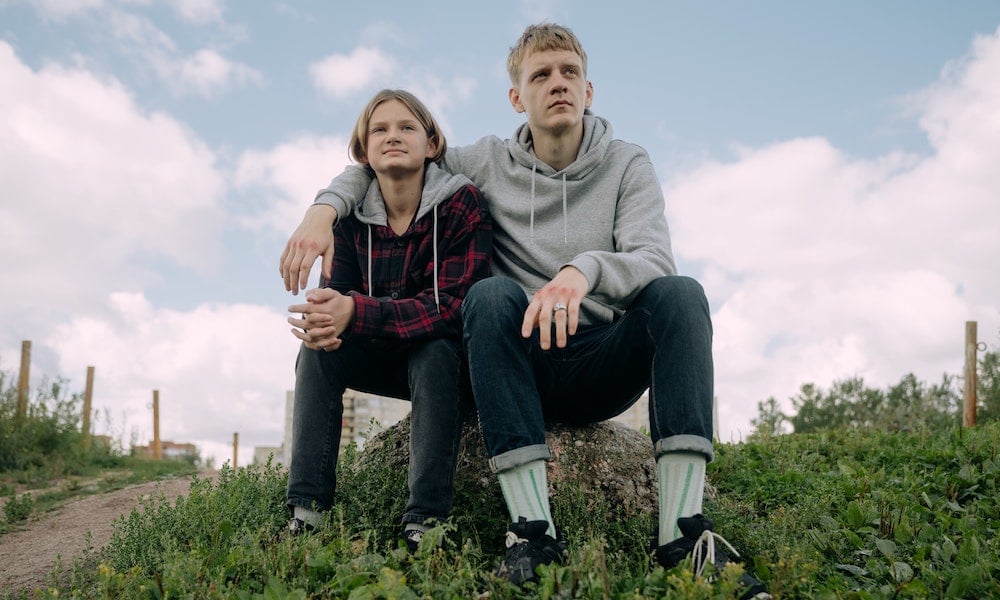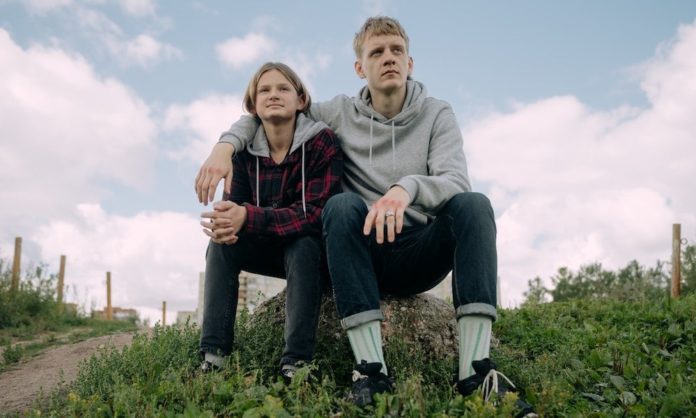
Having an older brother could be why you’re gay. (Pexels/ cottonbro)
A new study claims to have found compelling evidence for the theory that people who have older brothers are more likely to be gay, known as the “fraternal birth order effect”.
The fraternal birth order effect is a theory that has existed since the 1950s, and it suggests that an immune response during pregnancy, in reaction to proteins produced by a male foetus, produces antibodies that remain in the bloodstream and plays a part in the sexual development of children from future pregnancies.
The theory is disputed, and evidence for it has often relied on small samples, until now.
A new study, published this week in the Journal of Sex Research, found “clear evidence of a fraternal birth order effect on homosexuality”.
Australian scientists used data from more than nine million people in Dutch population registers, following “the life trajectories of… people born between 1940 and 1990”.
Although the data did not record the sexual orientation of individuals, it did show which people had entered into same-sex marriages and civil partnerships, which researchers used “as a proxy for homosexuality”.
Scientists found, in line with the fraternal birth order effect theory, that the more older brothers a person had, the more likely they were to enter a same-sex union.
Men with one older brother were 12 per cent more likely to enter a same-sex union than men with one older sister, and they were 21 per cent more likely to do so that men one younger sibling.
However, a man with three older brothers was 80 per cent more likely to enter a same-sex partnership that those with three younger brother, and 41 per cent more like than those with older sisters.
Most previous research has focused on at fraternal birth order influencing the sexuality of men. This time, researchers found: “We documented the same pattern of results among women. We found women are also more likely to enter a same-sex union if they have older brothers.”
While many in the LGBT+ community question the need to know the origins or “cause” of non-heterosexual sexual orientation, the researchers wrote in a piece for The Conversation: “A growing body of research is attempting to shed light on why some people experience same-sex sexual attraction and others don’t.
“These studies have substantial implications for public opinion and debate, and subsequently the treatment of LGBTIQ+ people.
“For example, we know people who view sexual orientation as a product of biological factors (such as hormones or genetics) are more likely to support sexual minorities and their civil rights, compared to those who view it as a product of social factors or individual choice.”
They added: “Of course, in an ideal society, the rights and respect people are afforded should not depend on whether their sexual identity is ‘innate’ or ‘a choice’. But unfortunately, these issues still loom large in contemporary debate, further highlighting the importance of our findings.
“A biological basis for human sexuality suggests harmful practices like conversion therapy can’t alter someone’s sexual orientation.
“It also discredits claims homosexuality can be ‘taught’ (such as through sexual diversity education at schools) or ‘passed on’ (such as through same-sex couples adopting children)… Like others before us, we consider this research essential.
“Understanding the mechanisms behind sexual orientation can offer insights into what makes people who they are, and helps normalise the full spectrum of human sexual diversity.”







